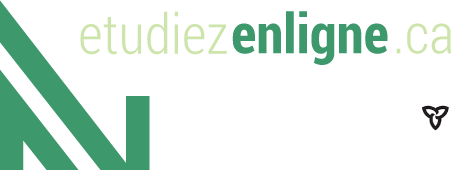Curriculum Theory
Description
Curriculum Theory is built from the assumption that students of early childhood education need to learn how to translate a theoretical knowledge base into concrete actions and decisions. Students of Early Childhood Education (ECE) need to know how to clearly communicate the rationale for their actions to parents, other staff, administrators, and community members. Ontario's Early Childhood Educators Act (2007) defines the scope of practice in early childhood education. The practice of early childhood education is the planning and delivery of inclusive, antioppressive, play-based learning and care programs for children to promote the well-being and holistic development of children (Early Childhood Educator's Act, 2007). Curriculum Theory addresses Early Childhood Educators' scope of practice with content on the creation and delivery of play-based programs for young children that support learning and development. The assessment of learning and development with families and communities is included in Curriculum Theory.First Half of the Course: The first half of the course will examine the theory and related teaching strategies that support curriculum development for play-based learning and care programs for children to promote their well-being and holistic development. This course will emphasize a play-based emergent curriculum that is child-sensitive and responsive. Focus is given to the role of the early childhood educator in supporting cognitive, language, communication, literacy, and numeracy development. Current brain research is integrated into the course with an emphasis on how it informs practice. Curriculum Theory takes the point of view that every child constructs knowledge in personally and culturally safe ways. The course stresses a bias-free curriculum that acts to counter bias and racism to create learning communities where children help and care for each other. Second Half of the Course: In the second half, the course examines structural elements of early childhood curriculum. The Project Approach is explored to promote the continuity of learning between home and early learning settings for preschoolers to school-age children. Child assessment that includes family input in the observation and documentation of learning is studied. Methods of curriculum evaluation are reviewed. Application of theory and curriculum models are studied. Research, theory, sector, and government initiatives are examined. Other topics covered that support students' entry into the ECE profession include program evaluation, philosophy of ECE and self-reflection.
Related Programs
Overview

- Institution: George Brown College
- Level: College
- Language: English
- Course Code: ECE2053
- Delivery Method: Entièrement en ligne/à distance
Disclaimer:
Check with the institution regarding start/end dates, prices, and delivery method. These may vary according to program, section, and/or semester.
Check with the institution regarding start/end dates, prices, and delivery method. These may vary according to program, section, and/or semester.
